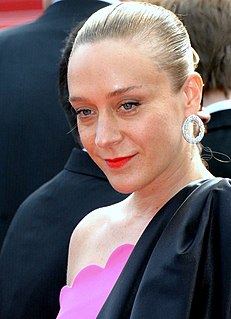A Quote by Jason Blum
I found that a lot of people ridiculed contemporary art. I decided I wanted to be involved in art everybody could understand.
Quote Topics
Related Quotes
When I was at art school, a lot of art education is about art being a means of self-expression, and as an 18-year-old I didn't know if I had a huge amount I wanted to express. It was a big moment when I decided I wanted to shift the emphasis or the intention of my art from something I disgorged myself upon and something that actually fed me or made me see the world or understand the world.
I like art that challenges you and makes a lot of people angry because they don't get it. Because they refuse to look at it properly. Rather than open their mind to the possibility of seeing something, they just resist. A lot of people think contemporary art makes them feel stupid. Because they are stupid. They're right. If you have contempt about contemporary art, you are stupid. You can be the most uneducated person in the world and completely appreciate contemporary art, because you see the rebellion. You see that it's trying to change things.
Contemporary art and manga - what is the same about them? Nothing, right? The manga industry has a lot of talented people, but contemporary art works on more of a solitary model. No one embarks on collaboration in contemporary art in order to make money. But in the manga world, everyone is invested in collaboration. The most important point is that the manga industry constantly encourages new creations and creators.
I think that a lot of artists have succeeded in making what I might call "curator's art." Everybody's being accepted, and I always want to say, "Really? That's what you've come for? To make art that looks a lot like somebody else's art?" If I am thinking of somebody else's art in front of your art, that's a problem.
What I never wanted in art - and why I probably didn't belong in art - was that I never wanted viewers. I think the basic condition of art is the viewer: The viewer is here, the art is there. So the viewer is in a position of desire and frustration. There were those Do Not Touch signs in a museum that are saying that the art is more expensive than the people. But I wanted users and a habitat. I don't know if I would have used those words then, but I wanted inhabitants, participants. I wanted an interaction.
Growing up I was very into art. In high school I was into the surrealists and impressionists, and I loved Klimt. In '91 or '92 I saw one of those Felix Gonzalez-Torres Untitled billboards. I was just really arrested by it. It was kind of my first foray into contemporary art. It was a turning point for me as to what art could be and what it meant and the impact it could have.




































